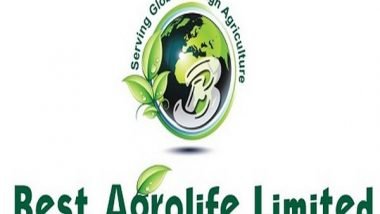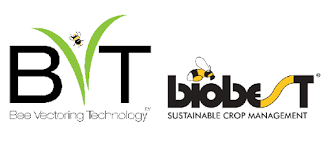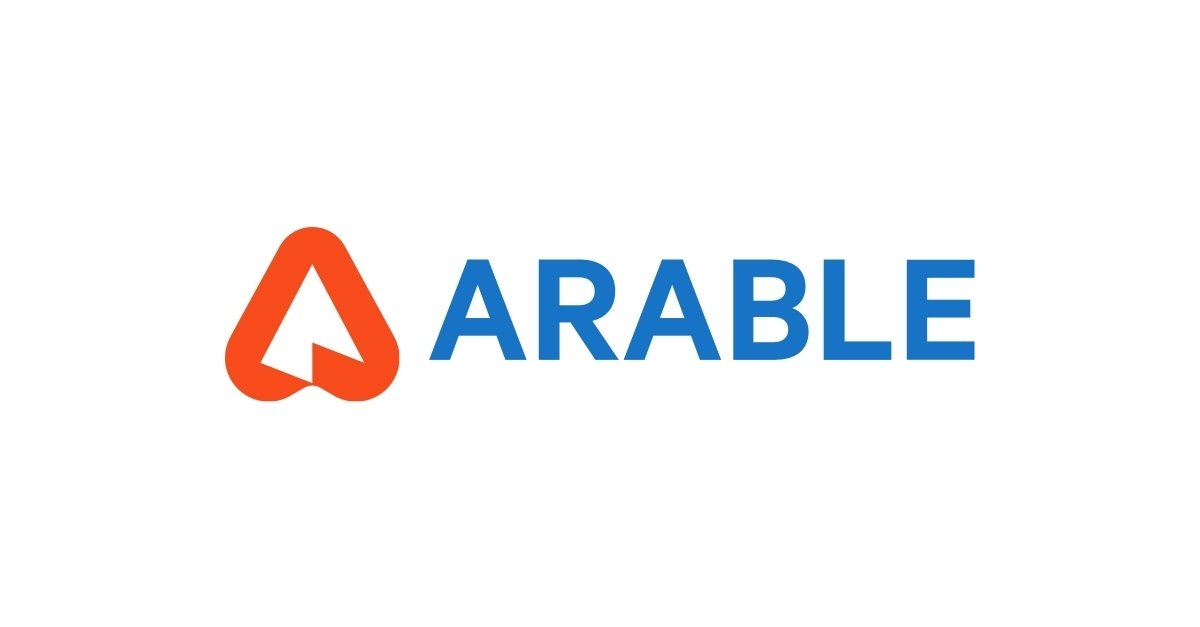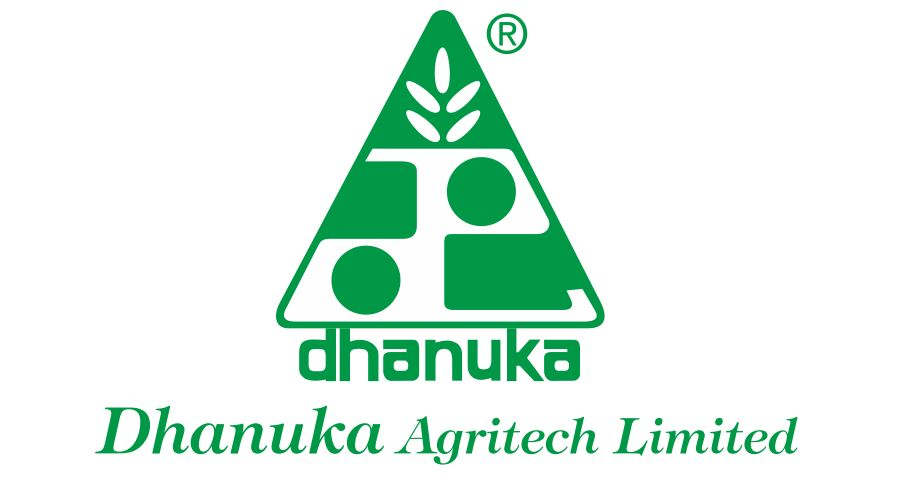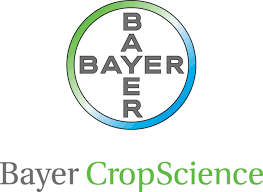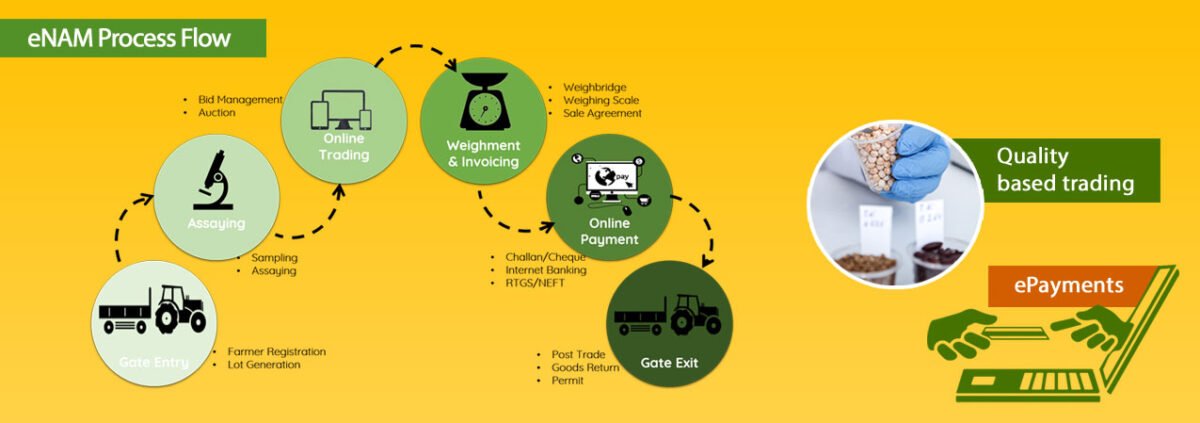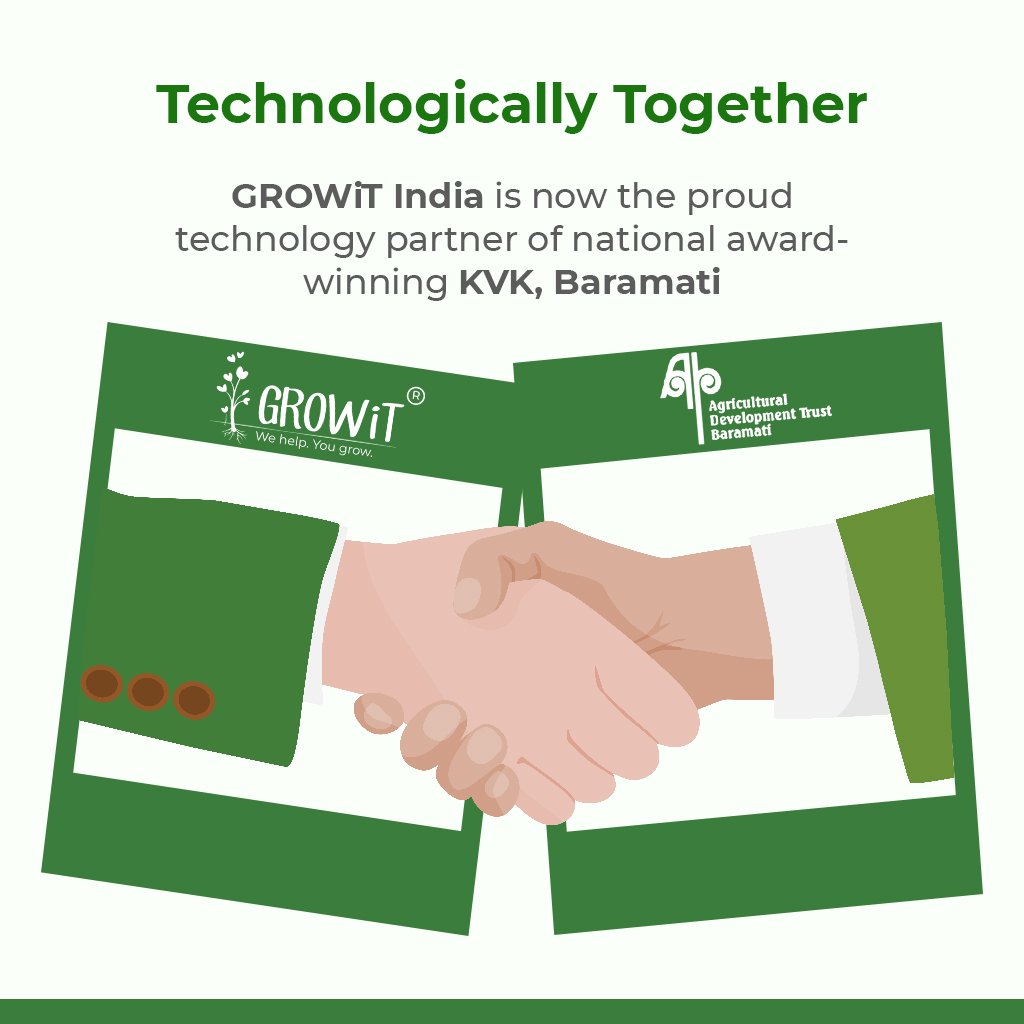India’s agri and processed food products exports up by 31% in Q1 FY22-23
Export of processed fruits & vegetables including pulses up by 59.71 per cent to USD 490 million in Q1 FY 22-23.
Continuing with the trend from the previous year, the exports of agricultural and processed food products rose by 31 percent in the first three months of the current Financial Year 2022-23 (April-June) in compare to the corresponding period of FY 2021-22.
According to the provisional data released by the Directorate General of Commercial Intelligence and Statistics (DGCI&S), the overall export of APEDA products increased to USD 7408 million in April-June 2022 from USD 5663 million over the same period of the last fiscal. The export target for April-June 2022-23 was fixed at USD 5890 million.
The initiatives taken by the Agricultural and Processed Food Products Export Development Authority (APEDA) that works under the Ministry of Commerce and Industry have helped the country in achieving 31 percent of the total export target in the first quarter of the current fiscal.
For the year 2022-23, an export target of USD 23.56 billion has been fixed by APEDA for the agricultural and processed food products basket.
As per the DGCI&S provisional data, fresh fruits & vegetables registered four percent growth, while processed fruits and vegetables recorded a significant growth of 59.71 percent (April-June 2022) in compare to corresponding months of the previous year.
Also, processed food products like cereals and miscellaneous processed items reported a growth of 37.66 percent in compare to the first quarter of the previous year.
In April-June, 2021, fresh fruits and vegetables were exported to the tune of USD 394 million that increased to USD 409 million in the corresponding months of the current fiscal. Exports of processed F&V jumped to USD 490 million in Q1 of the current fiscal from USD 307 million in the corresponding months of the previous year.
Basmati Rice exports witnessed a growth of 25.54 percent in the first three months of FY 2022-23 as its export increased from USD 922 million (April-June 2021) to USD 1157 million (April-June 2022), while the export of non-Basmati rice registered a growth of 5 percent in Q1 of current fiscal. Non-basmati rice export increased to USD 1566 million in the first three months of the current fiscal from USD 1491 million in the corresponding months of the previous year.
The export of meat, dairy & poultry products increased by 9.5 percent and the export of other cereals recorded a growth of 29 percent in Q1 of the current fiscal. The dairy products alone recorded a growth of 67.15 percent as its export rose to USD 191 million in the first three months of the current fiscal from USD 114 million in corresponding months of the previous year.
Other cereals’ export increased from USD 237 million in April-June 2021to USD 306 million in April-June 2022 and the export of livestock products increased from USD 1022 million in April-June 2021 to USD 1120 million in April-June 2022.
“We continue to provide technical and financial assistance to various stakeholders in the agricultural goods value chains for boosting exports of unique products from the country”, M. Angamuthu, Chairman, APEDA, said.
Export of processed fruits & vegetables including


